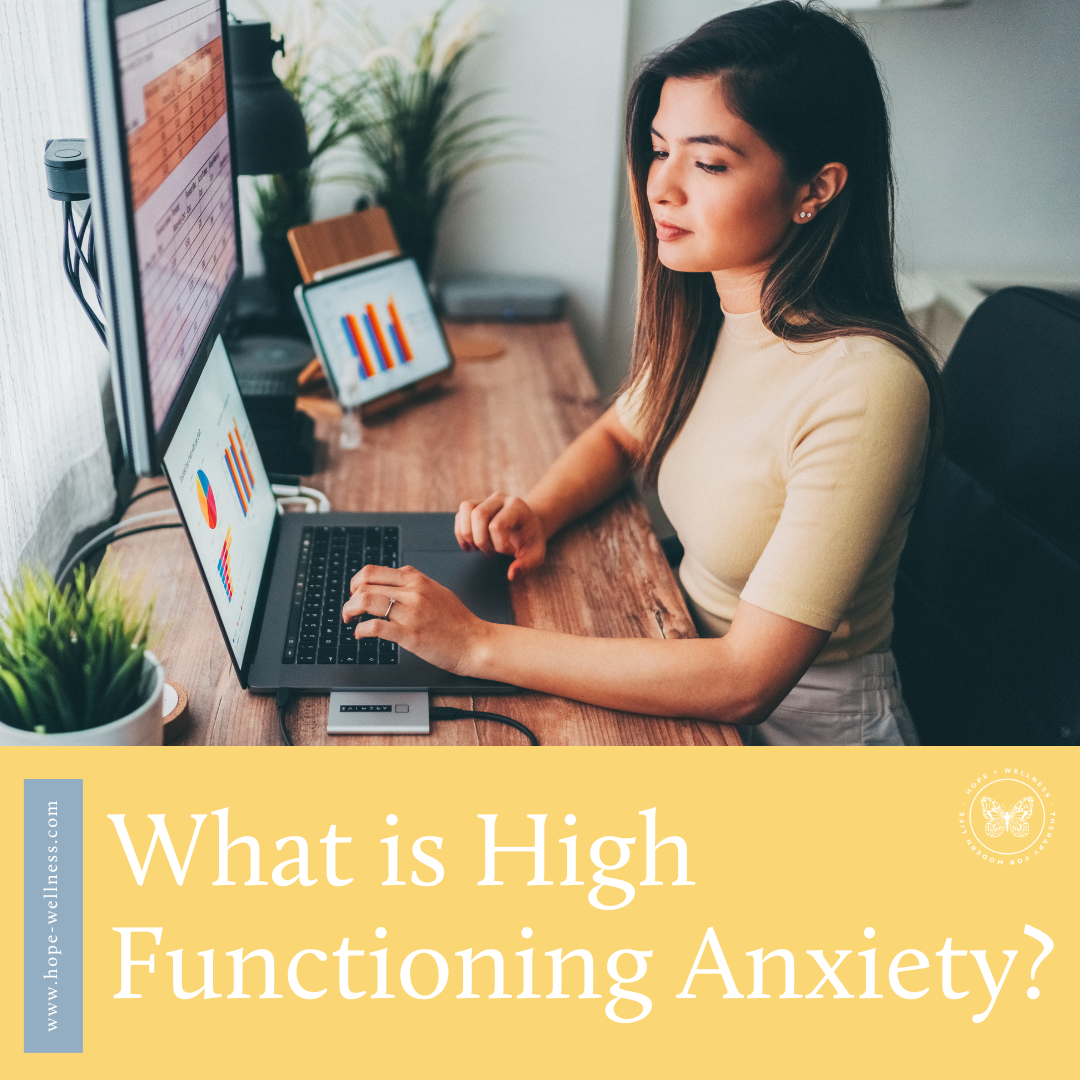
Hope +Wellness Blog
little snippets of advice for everyday challenges many people share

What You Should Know About Internal Family Systems (IFS) Therapy
Whether you're dealing with anxiety, chronic pain, disordered eating, or relationship challenges, IFS offers a compassionate, non-pathologizing path to self-understanding and healing. Internal Family Systems therapy can be an effective way to heal and transform your internal world. Here’s what you should know about it!

How to Ask for Help When You Need It
Asking for help can be intimidating. Discover how to tell when you need help and how to make asking for help easier.

Finding a Psychologist: What to Consider
Are you looking for a psychologist? If you’ve never been through the process before, it feels daunting! How do you go about finding a psychologist? Not just an effective one, but one who truly cares and connects with you? To help, we put together this guide of considerations and steps to take when trying to find a clinical psychologist that’s right for you.

What You Should Know About EMDR
Are you interested in EMDR? Our clinicians at Hope+Wellness offer EMDR therapy in our office and online.

4 Best Practices for Fact Checking #InstaTherapy Content
What can you do to vet how reliable a mental health resource is on social media?

What is High Functioning Anxiety?
People who struggle with high functioning anxiety often find themselves motivated by their anxiety to achieve their goals and to appear perfect. Often, they struggle with extreme inner turmoil while on the outside they appear successful.

4 Practical Ways to Build New Habits
It can be surprisingly difficult to start doing something new regularly. Doing one small new thing a day (or not doing something) might sound simple, but our brains are complicated, so it doesn’t always end up being that way.
Thankfully, we know a lot more about the human brain than we used to, which can help us make sense of how habits are built in our nervous system. It’s absolutely possible to build new habits that improve your life, it just takes some patience.

5 Ideas for Starting a Self-Development Practice
Wanting to improve doesn’t mean you didn’t like who you were before. It can mean that you want to give yourself new experiences, you believe in your abilities, or even that someone inspired you to do things differently. Whatever your reasons, There are some simple steps you can take to start a self-development practice.

7 Ways to Spend Your Time for Better Mental Health
How we spend our time can be a huge contributor to our health, both mental and physical. It’s important to spend our time in ways that nourish and take care of ourselves (both in our body and in our mind) as well as provide balance so we’re not just treating ourselves like machines who don’t need variation.

What are Coping Skills and Why Do I Have Them?
Coping skills offer options for getting through moments of distress until you can find a safe place to process what’s going on. It’s not always feasible to feel and process everything you need to in the moment, especially when emotions are heightened. Coping strategies let you get through the moment until you’re able to find a safe place, like a therapy session, to unpack the situation.
Hope+Wellness is a mental health practice specializing in the treatment of depression, mood, stress, and anxiety in kids, teens, and adults. This is a blog about living well and finding meaning and purpose in the face of difficult challenges. This is a blog about finding hope.
Archive
- ACT
- ADHD
- Acceptance
- Anxiety
- Authenticity
- Belonging
- Bipolar
- CBT
- Calming
- Change
- Chronic Illness
- Chronic Pain
- Communication
- Community
- Coping Skills
- DBT
- Dating
- Depression
- EMDR
- Emotions
- Entrepreneurs
- Friendship
- Gratitude
- Grief
- Health Psychology
- Hope
- Inspiration
- Intimacy
- Intuition
- Joy
- Letting Go
- Love
- Manic Depression
- Mindfulness
- Miscarriage
- OCD
- Parenting
- Personal Growth
- Positive Vibes
- Quotes
- Relationships
- Resources
- Self-Compassion
- Self-Reflection
- Services
- Sleep
- Spirituality
- Stress Management
- Stress Relief
- Suffering